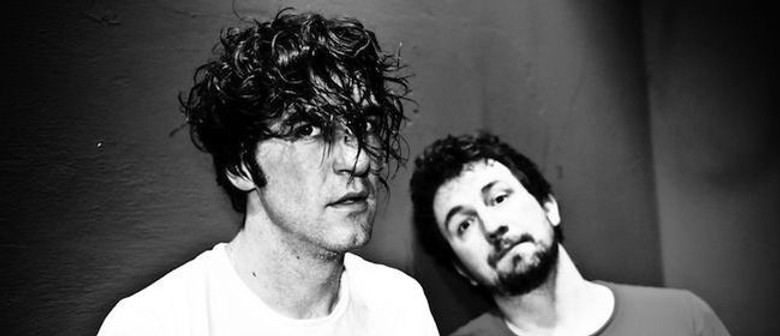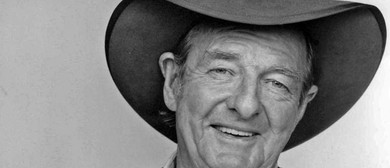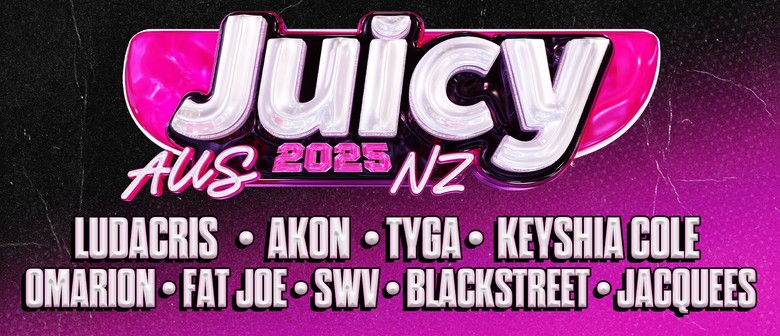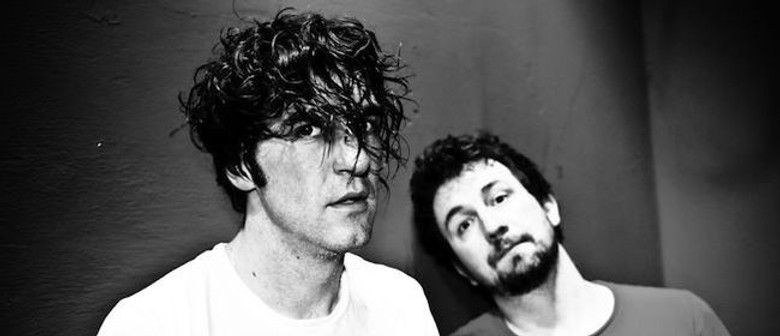The Japandroids' much-feted second album Celebration Rock set its own course with the mission statement inherent in its title. Eight anthemic songs, anchored by a simple drum/guitar setup, the album landed high up in many best of 2012 lists and was celebrated by critics and fans alike as an improvement on its predecessor in every way. And while the album sounds like the result of spontaneous recording sessions–fuelled by high (and low-shelf) spirits–as vocalist/guitarist Brian King tells us ahead of their national tour, this couldn’t be further from the truth, with every moment meticulously thought out.
Both your albums are very concise, with only eight tracks on each. Was this a conscious decision, or just the nature of the songs?
It’s only really shorter by modern standards. There’s two reasons. Number one: the type of music that we make, nobody really wants a 75-minute Japandroids album, even if you could fit 75 minutes on a CD. There are some bands where maybe that’s what you want, but bands like us, you do not want 75-minutes-straight of Japandroids. Now, I know that some of our hardcore fans will say, ‘Yes, we do’ but I’m telling you from my experience that Japandroids music is definitely better in short bursts. It’s kinda made for 35 minutes of straight listening, not 75 or 80. The second thing is that most of the records we listen to are of that length. Especially before the CD era, a vinyl record could only fit 40 minutes of music on it, so records were about that long. Both of our records are longer than pretty much every record by The Ramones, for example, or Black Sabbath. So, it’s all kind of relative. I think if you buy our album on a vinyl record, and it’s eighteen minute on each side, you get out of it what most of the classic rock bands we are influenced by intended for you to get out of their records when they released them. When the CD came out there was pressure to put more music on, because you could fit more, but that didn’t necessarily mean that every band that did that put on more good music. If anything, it just encouraged bands to put more filler on.
Who were the influences on this record? It’s hard to pinpoint any one obvious touchstone.
On the one hand, it’s exactly what you said: it’s hard to pinpoint one influence. But at the same time we are a melting point of all our different influences. I hear twenty or thirty different bands on our record that we really like, but I don’t think it’s like, ‘this song sounds like this band’, it’s more like in every song, I can hear a couple of these bands, all mixed together. I can hear where we have stolen from, or borrowed from, or where we have been influenced by multiple bands on single songs. On this record definitely we touched on a lot of the ‘80s rock and punk bands that we really like, Minneapolis bands like The Replacements and Husker Du, and Los Angeles bands like The Gun Club and The Cramps and X, and of course New York bands like The Velvet Underground, The Ramones, and The Misfits, but also classic stuff that, like, in North America, is so classic that everyone likes it, like The Stones, and Springsteen and CCR and Tom Petty and the Heartbreakers. Dave and my music tastes don’t exactly align 100% so you really get a mixed bag of stuff, but in general it’s all rock ‘n’ roll in some form or another.
Your band was propelled into the spotlight when Pitchfork chose Young Hearts Spark Fire as their Best New Track. How quickly did you notice things start to shift in terms of popularity?
We definitely started noticing it over the course of time, but there was a real obvious difference within 24 hours. In that time we got more emails than we got in the history of being a band.
I hear you were in the process of calling it a day around that point…
We basically were broken up at that moment. We’d decided to call it quits at the end of that year, and in the first few months of 2009 we’d stopped practicing, we hadn’t booked any shows, we were beginning to think about what our next bands might look like, independently of each other, and the only thing we were doing was we had recorded [debut record] Post Nothing and we were going to self-release it, somehow. One of the things we did was basically put it on the Internet and started emailing it to just everyone we knew and all our friends, saying, ‘Here’s the record we did right before we broke up, you guys should listen to it so someone at least hears it.’ That was around March, and then all of a sudden all our friends started emailing me being like, ‘Have you looked at Pitchfork today?’ The next thing I knew, Dave and I were just going for a beer, being like, ‘should we kinda keep the band going for a bit, and see if this turns into anything’ – and we did, and here we are.
And do you think knowing there’s a much bigger audience awaiting album #3 will change the way you approach it?
I’d like to think not, but inevitably, yeah it probably will. I’d like to think we could have made Celebration Rock without going through every single second album cliché that bands who find some kind of success on their first album go through, but we went through every single one writing and recording that record. So if anything I feel like it can’t possibly be that ridiculous again. It will probably be a little bit easier if for no other reason that, by now, we know that what we are doing is not terrible, and that at least some people like that. When a lot of people really, really love your first record, which is what happened with Post Nothing–well, not a lot of people, obviously, in the way that people loved the Arcade Fire’s first album, but a small, dedicated group of people–it’s really difficult to figure out how to do something else that those people are going to love that much, or even more - and that was a challenge for us.
So, what specific second album clichés did you go through?
I’m sure you’re familiar with the concept of the sophomore slump. Well, Dave and I are big music fans, we own a shitload of records where we love the first record and are a bit ‘meh’ about the second record and we really, really didn’t want to be one of those bands. It was a really conscious decision: until we feel that our record is better than the first record, we’re not done and we are not going to release it. To hell with what anyone else says, and to hell with any deadlines, to hell with whatever else – we are not putting something out until we think it’s the best thing we have ever done. So we stuck with that. We went through every songwriting cliché, fighting and arguing, and taking too long and missing deadlines, and doubting yourself, and roadtesting songs, and changing them, re-recording things and blah, blah, blah: most of the psychological things that bands go through when having a hard time trying to come up with something as good as their first record.
Obviously the common consensus is that you avoided the sophomore slump.
Even before it was released, Dave and I thought it was the best thing we had ever done, and we felt it was a step up in many ways: the songwriting, the recording and mixing, the performances. We felt everything was one notch higher than we were before, and that was before anyone had a chance to hear it. So, we still feel that way about it, and we are just very… relieved, I guess is the right word, that people feel the same way about it.
And there’s been a lot of focus on the lyrics as well. How much time and thought do you put into lyrics?
I’d like to pretend that they just come out, but they don’t. I’m not a natural lyricist in that way. It takes a lot of time, a lot of drafts; I work on them a lot, go back and re-write them. It takes a really long time for me to be like, ‘this is done, I’m satisfied and I don’t think I can do any better’. That’s probably the main difference between the two records, this is the first time we considered the music and the lyrics, and the vocals to be equivalent. On Post Nothing, we were like, ‘the music comes first, and the lyrics and vocals are secondary’.
With that in mind, how does it feel when people do notice the lyrics and pinpoint different phrases and the like?
It’s what I hoped people would do, so I’m glad they did. As I said before, relieved is the best word...
Japandroids will perform in Melbourne, Sydney and Brisbane this weekend.
- Nathan Jolly





